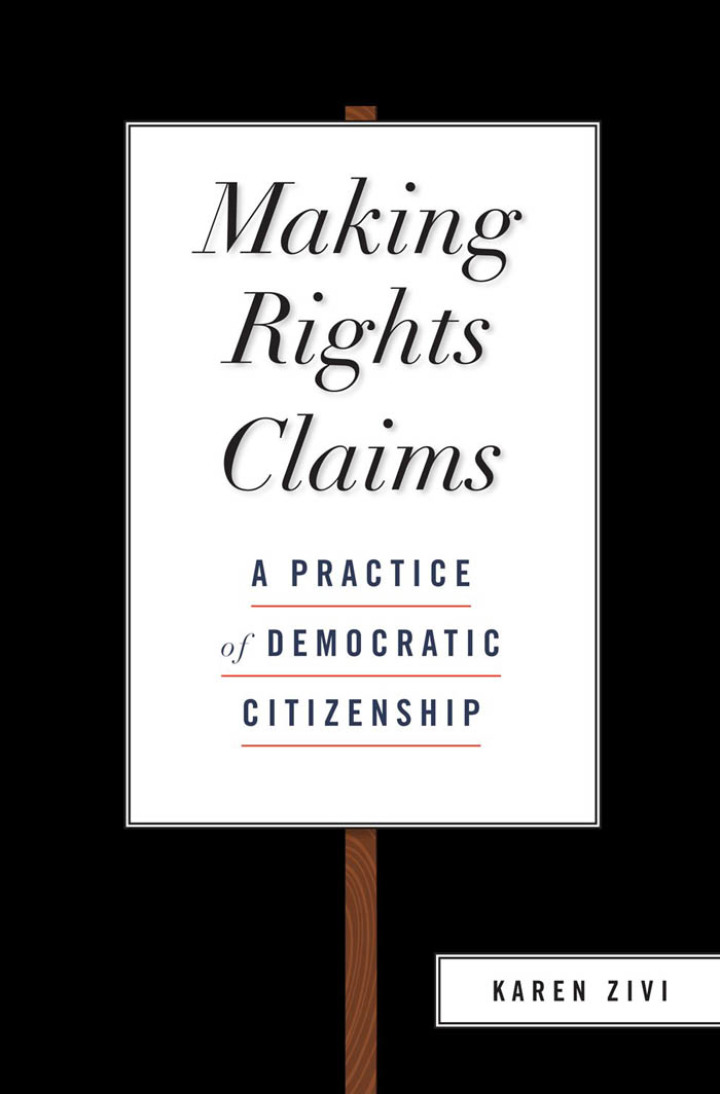Making Rights Claims A Practice of Democratic Citizenship
$12.68
Attention: This is just ebook, Access Codes or any other Supplements excluded! / File Delivery: Sent Via Email within 24 hours!
SKU: 14c8fc73c8cb
Category: Law Textbooks
Description
-
Author(s)Karen Zivi
-
PublisherOxford University Press
-
FormatPDF
-
Print ISBN
9780199826414, 0199826412 -
eText ISBN
9780199826414, 0199826412 -
Edition
-
Copyright
- Details
While the 1960s marked a rights revolution in the United States, the subsequent decades have witnessed a rights revolution around the globe, a revolution that for many is a sign of the advancement of democracy. But is the act of rights claiming a form of political contestation that advances democracy? Rights language is ubiquitous in national and international politics today, yet nagging suspicions remain about the compatibility between the practice of rights claiming and democratic politics. While critics argue that rights reinforce ways of thinking and being that undermine democratic values and participatory practices, even champions worry that rights lack the legitimacy and universality necessary to bring democratic aspirations to fruition.Making Rights Claims provides a unique entr?e into these important and timely debates. Rather than simply taking a side for or against rights claiming, the book argues that understanding and assessing the relationship between rights and democracy requires a new approach to the study of rights. Zivi combines insights from speech act theory with recent developments in democratic and feminist thought to develop a theory of the performativity of rights claiming. If we understand rights claims as performative utterances and acts of persuasion, we come to see that by saying “I have a right,” we constitute and reconstitute ourselves as democratic citizens, shape our communities, and transform constraining categories of identity in ways that may simultaneously advance and challenge aspects of democracy. Furthermore, we begin to understand that rights claiming is not a wholly rule bound practice. To illustrate her theory, Zivi discusses different sides of two recent rights debates: mandatory HIV testing of pregnant women and the new immigration laws.
Related products
-

BEYOND CONSTITUTIONALISM OCON C The Pluralist Structure of Postnational Law
Rated 0 out of 5$22.10 Add to cart -

Against Capital Punishment
Rated 0 out of 5$12.35 Add to cart -

Agency in Mental Disorder Philosophical Dimensions
Rated 0 out of 5$26.00 Add to cart -

Antitrust and Patent Law
Rated 0 out of 5$97.50 Add to cart

